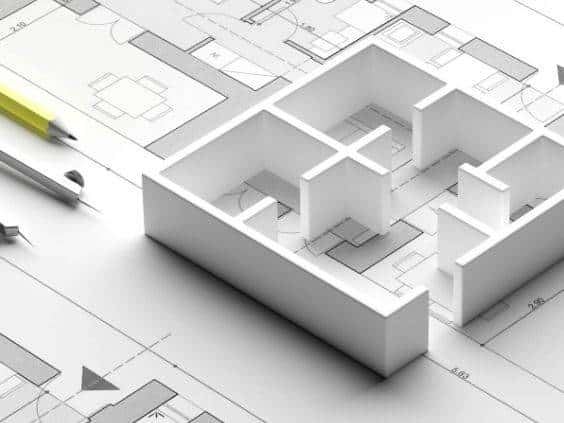Building your dream home takes a lot of planning, patience, and perseverance. New Englanders are well known for at least two of these traits (we’ll leave you to decide which two!) There are hundreds of things to think about before building a house. Here are some of the top considerations that should be on your checklist.
Money
Construction financing is different than taking out a mortgage to buy an existing home. Requirements may be stricter, and the lender may require a structured plan to pay the builder on schedule, depending on the progress of construction. The lender may also be involved in inspections along the way, as the home goes up. Reputable builders have relationships with lenders that can ease the process of financing construction on a new home.
Contingencies
Something unexpected almost always happens during major construction projects. Be prepared and set aside a contingency fund to handle surprises during construction. One of the things you should ask any builder on your list of possible partners is how they plan to deal with changes and allowances for fixtures, appliances, and materials.
Relationships
Whether you’re single or married, relationships can become strained during the building process. Your marital status may also affect your financial status, particularly if the relationship falls apart during construction. Spell everything out in a contract or partnership agreement before construction starts. Come to an agreement for how you’ll handle shared ownership or divide assets if your relationship fizzles.
Site
Deciding where to build a house may be the most important and complex decision in the process. The site itself might require clearing, surveying, and soil testing. States, municipalities, and unincorporated areas have different rules and regulations about utilities, setbacks, how the exterior can look, how tall the house can be, and many other details.
You must also consider drainage. How will the house and the land handle excess rain? Don’t forget to install a drainage system that helps keep water out of the basement and prevents water from pooling in the yard. A good drainage system will carry rainwater away from the home to a storm sewer or retention area, according to local laws and requirements.
Storage and Lifestyle
As families grow and settle into a new home, it seems there is never enough storage. Plan for more than you think you’ll need, and you’ll find it filling up fast. This includes closets, sheds, garages, and attics. Think of the future as well. You need an extra guest bedroom for grandchildren and a place to put their bikes, toys, and games someday.
Finished for the Future
A spiral staircase may look great now, but twenty or thirty years from now, twisting your way up it won’t seem like so much fun. What happens if you or a family member becomes disabled and needs wider doorways and hallways, or grab bars in the bathrooms?
Thinking about the other details of building a home will save you money and time, and will set you on the right track toward the home you always dreamed of, instead of a money pit with a disappointing design.

